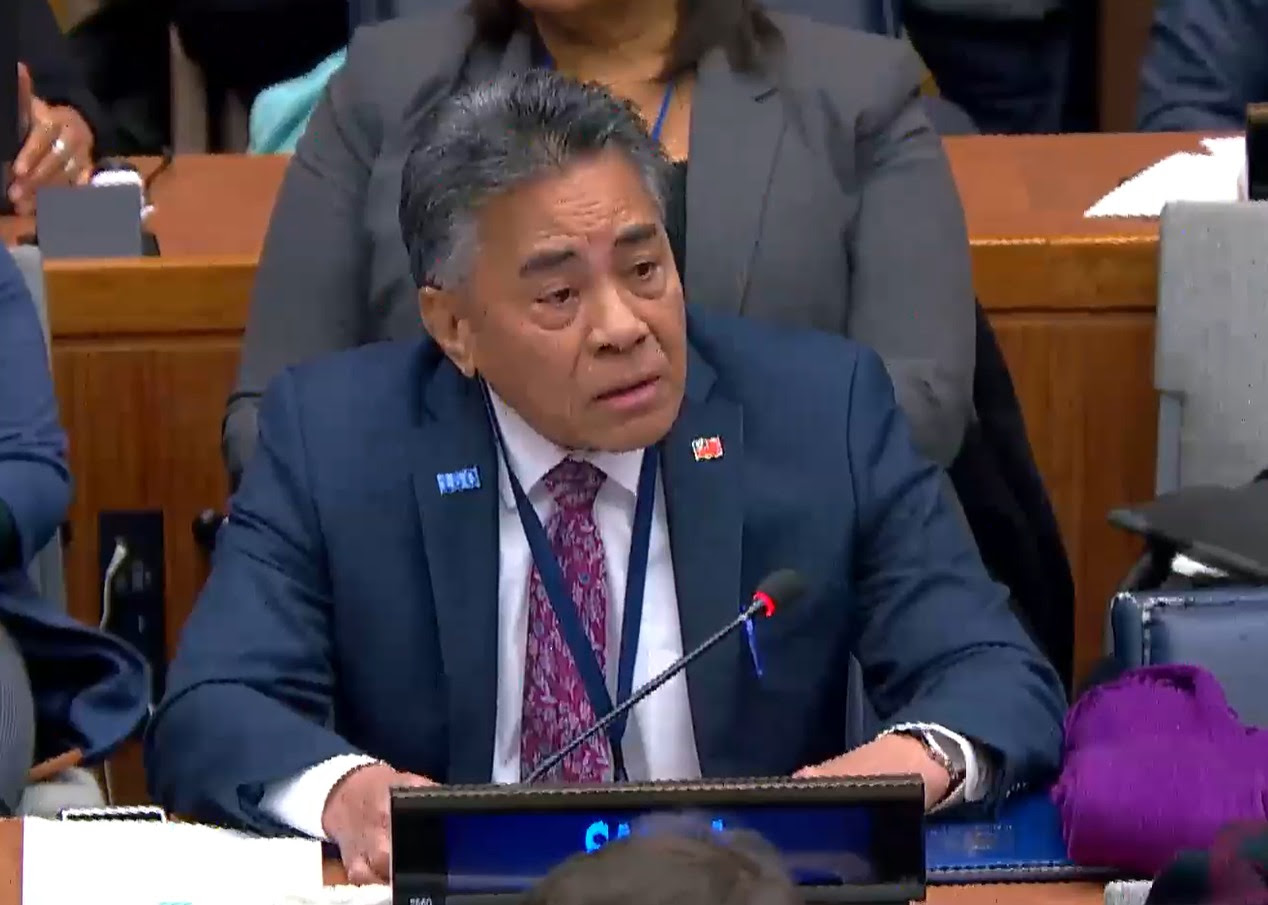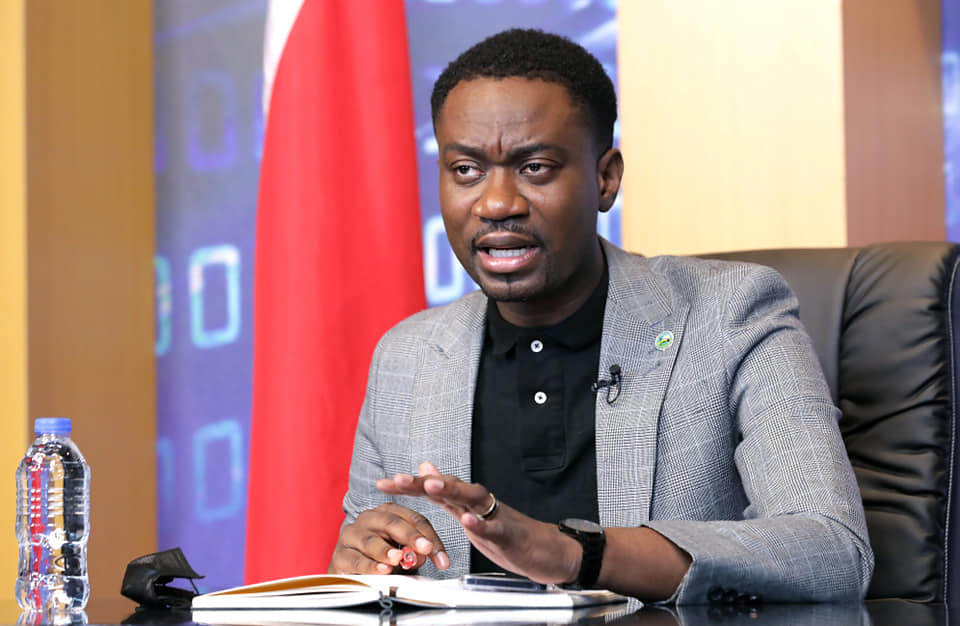Una versión en español de este comentario sigue a continuación:
The escalation of violence in Gaza by Israel has prompted a global outcry, marking a rising disgust, particularly among the young, of what is widely regarded as a hugely disproportionate response to the Hamas attack on Israel on October 7, 2023.
Now, the outrage has grown beyond young people to include solid representatives of the traditional establishment, at least in Britain. With over 600 British legal experts, including retired judges from the Supreme Court, demanding a halt to the British government’s arms sales to Israel, the urgency of a re-evaluation by the UN Security Council of its stance on the conflict should be obvious.
The concerns of the British legal fraternity are linked to their fear of the possibility of complicity by the British government in grave breaches of international law by Israel, using arms that are supplied, in part, by Britain. If the Israeli government, particularly its globally unpopular Prime Minister, Benjamin Netanyahu, continues to dismiss all urgings to de-escalate attacks on Gaza, the current crisis will enter the realm of global ethical responsibility.
Genocide or defence?
The courage of the South African government to take the allegation of genocide by the Israeli government to the International Court of Justice (ICJ), and the Court’s decision in January 2024 to order provisional measures against Israel, has strengthened the growing view that the government of Israel is committing genocide.
The detailed accounts by the United Nations’ Special Rapporteur on human rights in the Palestinian territories, Francesca Albanese, of civilian targeting, destruction of vital infrastructure, and the systematic denial of essential supplies, give credence to the fears about genocide. In her report to the UN Security Council, she said that there are “reasonable grounds” to believe that Israel is “committing the crime of genocide against the Palestinians as a group in Gaza.”
Israel has adamantly rejected these accusations. However, the killing of aid workers from the World Central Kitchen, illustrates to many that Israeli forces may not be as careful, as they claim, to ensure that non-combatants are not targeted in their attack.
Excessive actions test traditional alliances
These incidents not only fuel the debate but also test the historical alliances that have, until now, shaped the geopolitical landscape, including in the U.S. administration, which has begun to realize that it could be tainted by Prime Minister Netanyahu’s firm resolve to pursue military actions in Rafah that could result in the deaths of thousands of civilians.
Rafah is a city of 25 square miles in the Southern part of Gaza. Prior to the present conflict, Rafah had a population of less than 200,000 people. On the orders of Israel, an estimated 1.4 million people have been pushed into Rafah. They are all vulnerable to an Israeli military attack. This is why the U.S. government has been insisting on proper arrangements for civilian safety and humanitarian consequences of any attack.
Global Impact of Regional Wars
In today’s interconnected world, there is no longer any such thing as an isolated conflict. The repercussions of warfare ripple across the globe, affecting food prices, shipping costs, and economic stability. The conflict in Ukraine and the Houthis’ attacks on shipping lanes have already demonstrated how wars can impact global economies and individual lives far removed from the battleground.
Calls for a Humanitarian Approach
The call from British jurists to suspend arms sales to Israel is not an isolated sentiment but part of a growing international chorus demanding accountability and a re-evaluation of the policies that enable the continuation of the conflict.
This movement, gaining momentum amid the rising deaths of civilians not only from military action but also due to lack of medicine and hunger, challenges the U.N. Security Council, especially its 5 veto-nations, to fulfil their responsibilities. This means that each of them must move to align their international policy with the principles of human rights and justice.
The 5 veto-nations cannot wait for an unredeemable plight in Gaza simply to make pious statements or to point fingers of blame at each other. Human lives are at stake.
A Call to Action
This critical juncture calls for a collective reimagining of the approach by all nations to international conflicts and the mechanisms of support that sustain them.
The resolution passed by the UN Security Council, demanding an immediate ceasefire and the expansion of humanitarian assistance, though a step in the right direction, was not enough.
Sadly, it highlighted the limitations of international governance in enforcing peace and ensuring the protection of civilian lives, when big power countries play the game of seeking advantage over each other.
Conclusion
As the crisis in Gaza unfolds, the international community, led by the UN Security Council, must seize this moment to advocate for peace and justice. This is not merely a call for a ceasefire, but a demand for a profound policy shift towards upholding human dignity and preventing further loss of life.
The time for decisive action is now. The global community stands at a crossroad, and the response to the crisis in Gaza will be remembered either as a testament to international commitment to these ideals or to the abandonment of them. The consequences of the latter—abandoning the principles of peace and justice—would be too grave for the world to bear.
That is why even the smallest and least powerful nations of the world must not be silent; they must speak up loudly and together, in all regional and international fora, without exception.
Es hora de que el Consejo de Seguridad de la ONU actúe para detener los asesinatos en Gaza
Por Sir Ronald Sanders
La escalada de violencia en Gaza por parte de Israel ha provocado un clamor global, marcando un creciente disgusto, particularmente entre los jóvenes, de lo que es ampliamente considerado como una respuesta enormemente desproporcionada al ataque de Hamas contra Israel el 7 de octubre de 2023.
Ahora, la indignación ha crecido más allá de los jóvenes para incluir a sólidos representantes del establecimiento tradicional, al menos en Gran Bretaña. Con más de 600 expertos legales británicos, incluidos jueces retirados del Tribunal Supremo, exigiendo un alto a las ventas de armas del gobierno británico a Israel, la urgencia de una reevaluación por parte del Consejo de Seguridad de la ONU de su postura sobre el conflicto debería ser obvia.
Las preocupaciones de la fraternidad legal británica están vinculadas a su temor de la posibilidad de complicidad por parte del gobierno británico en graves violaciones del derecho internacional por Israel, usando armas que son suministradas, en parte, por Gran Bretaña. Si el gobierno israelí, particularmente su Primer Ministro globalmente impopular, Benjamin Netanyahu, continúa desoyendo todos los llamados a desescalar los ataques en Gaza, la crisis actual entrará en el ámbito de la responsabilidad ética global.
¿Genocidio o defensa?
El valor del gobierno sudafricano para llevar la alegación de genocidio por el gobierno israelí ante la Corte Internacional de Justicia (CIJ), y la decisión de la Corte en enero de 2024 de ordenar medidas provisionales contra Israel, ha fortalecido la creciente visión de que el gobierno de Israel está cometiendo genocidio.
Los relatos detallados por la Relatora Especial de las Naciones Unidas sobre los derechos humanos en los territorios palestinos, Francesca Albanese, de la focalización de civiles, la destrucción de infraestructura vital y la negación sistemática de suministros esenciales, dan credibilidad a los temores sobre el genocidio. En su informe al Consejo de Seguridad de la ONU, dijo que hay “motivos razonables” para creer que Israel está “cometiendo el crimen de genocidio contra los palestinos como grupo en Gaza”.
Israel ha rechazado rotundamente estas acusaciones. Sin embargo, el asesinato de trabajadores de ayuda de World Central Kitchen ilustra para muchos que las fuerzas israelíes pueden no ser tan cuidadosas, como afirman, para asegurar que los no combatientes no sean objetivos en su ataque.
Acciones excesivas prueban alianzas tradicionales
Estos incidentes no solo alimentan el debate sino que también prueban las alianzas históricas que han, hasta ahora, dado forma al paisaje geopolítico, incluida en la administración de EE. UU., que ha comenzado a darse cuenta de que podría ser manchada por la firme resolución del Primer Ministro Netanyahu de perseguir acciones militares en Rafah que podrían resultar en la muerte de miles de civiles.
Rafah es una ciudad de 25 millas cuadradas en la parte sur de Gaza. Antes del conflicto actual, Rafah tenía una población de menos de 200,000 personas. Por órdenes de Israel, se estima que 1.4 millones de personas han sido empujadas hacia Rafah. Todos son vulnerables a un ataque militar israelí. Por eso el gobierno de EE. UU. ha estado insistiendo en arreglos adecuados para la seguridad de los civiles y las consecuencias humanitarias de cualquier ataque.
Impacto Global de Guerras Regionales
En el mundo interconectado de hoy, ya no existe tal cosa como un conflicto aislado. Las repercusiones de la guerra se extienden por todo el globo, afectando los precios de los alimentos, los costos de envío y la estabilidad económica. El conflicto en Ucrania y los ataques de los hutíes en las rutas de envío ya nos han mostrado cómo las guerras pueden impactar las economías globales y la vida individual lejos del campo de batalla.
Llamados a un Enfoque Humanitario
El llamado de los juristas británicos a suspender las ventas de armas a Israel no es un sentimiento aislado, sino parte de un creciente coro internacional que exige responsabilidad y una reevaluación de las políticas que permiten la continuación del conflicto.
Este movimiento, ganando impulso en medio del aumento de muertes de civiles no solo por acción militar sino también debido a la falta de medicina y hambre, desafía al Consejo de Seguridad de la ONU, especialmente a sus 5 naciones con derecho a veto, a cumplir con sus responsabilidades. Esto significa que cada una de ellas debe moverse para alinear su política internacional con los principios de derechos humanos y justicia.
Las 5 naciones con derecho a veto no pueden esperar a una situación irremediable en Gaza simplemente para hacer declaraciones piadosas o para señalarse con el dedo entre sí. Las vidas humanas están en juego.
Un Llamado a la Acción
Este momento crítico exige una reimaginación colectiva del enfoque de todas las naciones hacia los conflictos internacionales y los mecanismos de apoyo que los sostienen.
La resolución aprobada por el Consejo de Seguridad de la ONU, exigiendo un alto al fuego inmediato y la expansión de la asistencia humanitaria, aunque es un paso en la dirección correcta, no fue suficiente.
Tristemente, resaltó las limitaciones de la gobernanza internacional para hacer cumplir la paz y asegurar la protección de las vidas civiles, cuando los países de gran poder juegan al juego de buscar ventaja sobre los demás.
Conclusión
A medida que se desarrolla la crisis en Gaza, la comunidad internacional, liderada por el Consejo de Seguridad de la ONU, debe aprovechar este momento para abogar por la paz y la justicia. Esto no es simplemente un llamado a un cese al fuego, sino una demanda de un cambio profundo de política hacia el mantenimiento de la dignidad humana y la prevención de más pérdida de vidas.
El momento de actuar con decisión es ahora. La comunidad global se encuentra en una encrucijada, y la respuesta a la crisis en Gaza será recordada ya sea como un testimonio del compromiso internacional con estos ideales o de su abandono. Las consecuencias de este último —abandonar los principios de paz y justicia— serían demasiado graves para que el mundo las soporte.
Por eso, incluso las naciones más pequeñas y menos poderosas del mundo no deben permanecer en silencio; deben hablar fuerte y juntas, en todos los foros regionales e internacionales, sin excepción.




